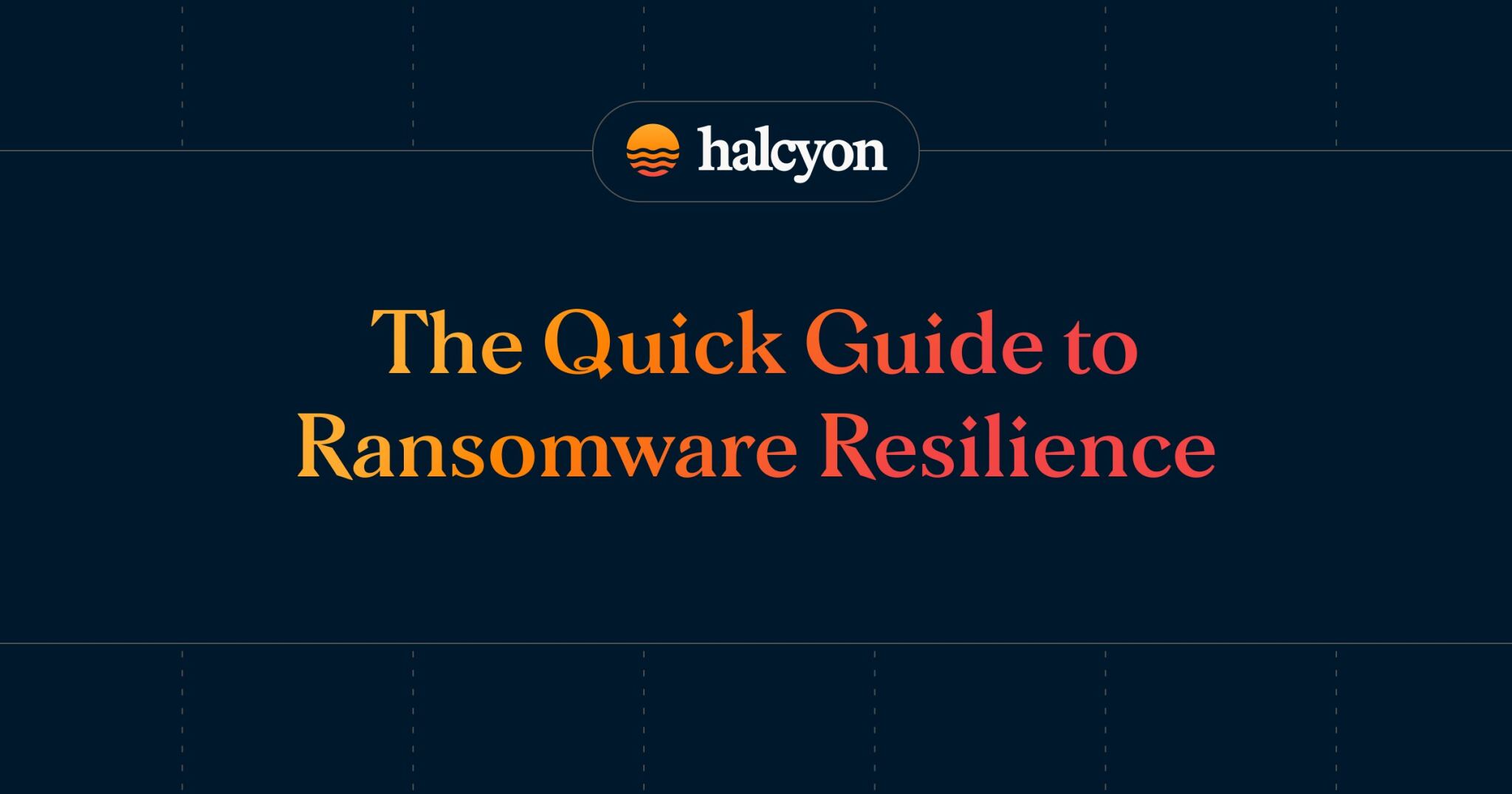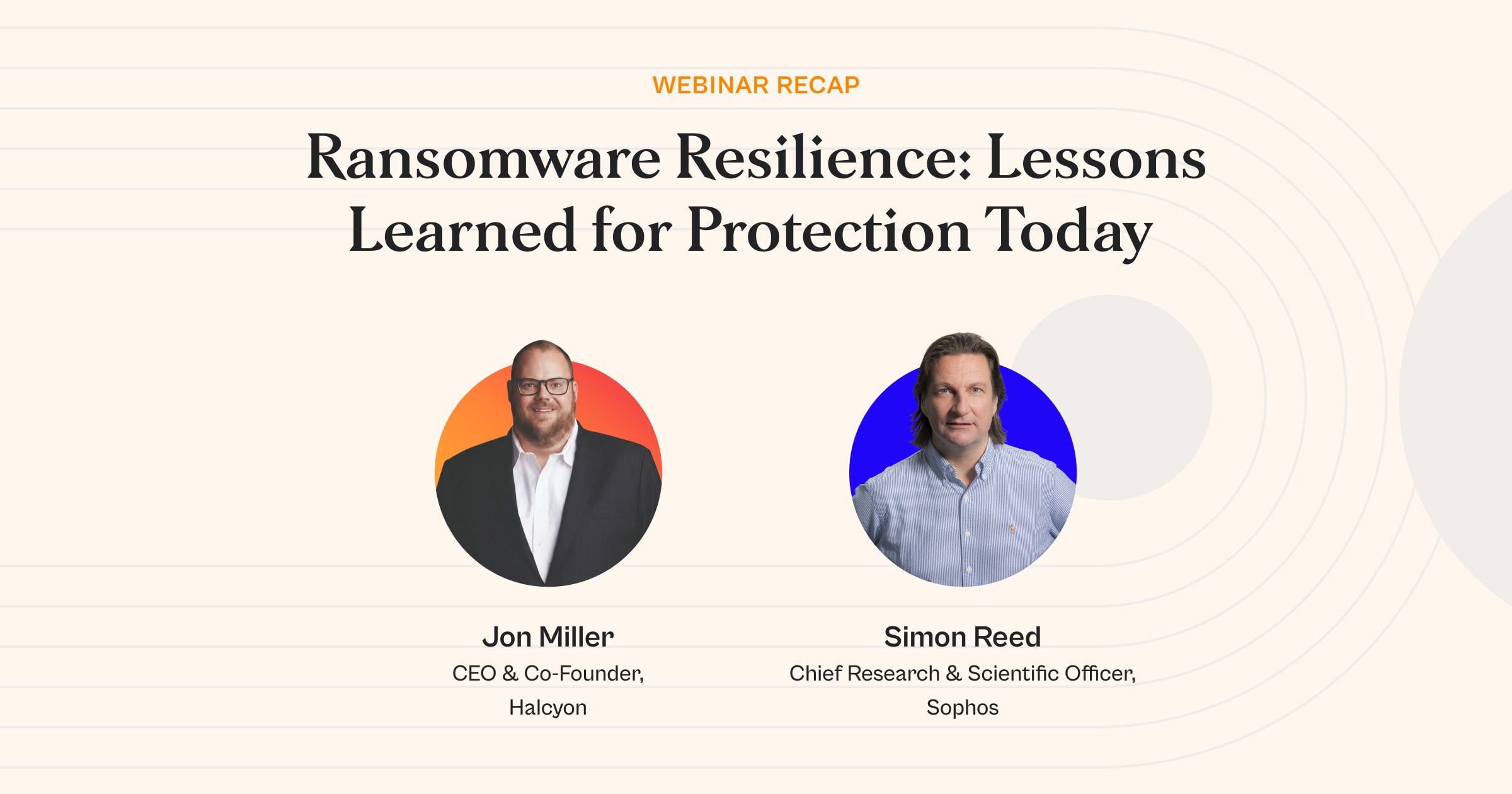Last Week in Ransomware: 01.29.2024


Last week in ransomware news we saw a new GoAnywhere vulnerability exploit POC, Healthcare attacks driving lawsuits, and a Russian ransomware operator sanctioned...
Ransomware Attacks on Healthcare Spur Lawsuits
The cybersecurity landscape has witnessed an alarming rise in ransomware attacks, with the healthcare sector becoming a primary target.
These attacks not only encrypt systems but also involve the exfiltration of sensitive data, leading to a double extortion tactic that has severe consequences for both organizations and individuals involved.
The aftermath of these attacks has given rise to a wave of lawsuits, as the exposure of extremely sensitive health information prompts legal action against healthcare providers.
Ransomware operators have evolved their tactics, moving beyond targeting hospitals and clinics to directly victimizing patients. This disturbing trend involves cybercriminals demanding payments, sometimes as low as $50, to prevent the publication of intimate photos and the sale of other sensitive medical records on the dark web.
A report from Bloomberg Law reveals that healthcare providers are now facing accusations of failing to adequately safeguard patient data and address the aftermath of security breaches.
This shift in focus towards smaller companies with highly sensitive data poses a new challenge for organizations that may lack the resources to combat these sophisticated attacks.
A recent study indicates that ransomware attacks on the healthcare sector have inflicted significant economic losses on the US economy, reaching tens of billions of dollars over the past seven years.
With 539 reported attacks impacting nearly 10,000 healthcare facilities and compromising over 52 million patient records, the consequences are substantial.
Ransomware attacks on healthcare providers not only disrupt everyday business but also pose a significant threat to human life. The inherent vulnerability of the healthcare sector, coupled with the potential for catastrophic outcomes resulting from these attacks, underscores the urgency for robust cybersecurity measures.
Despite the relentless onslaught, it is somewhat fortunate that there have not been more tragic outcomes linked to disruptions in patient care caused by ransomware attacks.
The primary reason healthcare providers remain attractive targets for ransomware operators is the sector's general lack of adequate budgets and staff to maintain a strong security posture.
Criminal groups exploiting this vulnerability are well aware that their actions directly impact the lives of patients. Instances like the BlackCat/ALPHV ransomware gang attempting to extort a Pennsylvania healthcare provider by threatening to publish private clinical photographs highlight the malicious lengths to which these groups will go.
Russian Ransomware Operator Sanctioned
In response to the escalating threat posed by ransomware, the US, UK, and Australia have taken coordinated action against a Russian ransomware operator, Alexander Ermakov.
Accused of participating in an October 2022 attack on Australia’s largest private health insurance provider, Medibank, Ermakov is linked to the notorious REvil ransomware operation.
The joint sanctions aim to address Russia's role in providing safe havens for ransomware actors and enabling attacks that threaten the economies and critical infrastructure of allied countries.
While such sanctions make headlines, the effectiveness of government actions in protecting organizations from ransomware attacks remains questionable. Law enforcement efforts have seen scattered arrests of lower-level threat actors, but the overall impact on disrupting ransomware operations has been limited.
The challenge lies in determining root attribution for these attacks, especially given the involvement of rogue nations like Russia, China, Iran, and North Korea in supporting or directing ransomware operations.
GoAnywhere Exploitation POC
The continuous evolution of ransomware tactics, demonstrated by the exploitation of vulnerabilities in software such as Fortra GoAnywhere MFT, emphasizes the need for proactive cybersecurity measures.
A proof-of-concept (POC) exploit that takes advantage of a newly discovered high severity bug (9.8/10) in the Fortra GoAnywhere MFT software (CVE-2024-0204) could allow attackers administrative permissions on a targeted device.
Threat actors are becoming more efficient in exploiting vulnerabilities, with Cl0p campaigns highlighting the rapid compromise of over a thousand victims through a single vulnerability.
The exploitation of older vulnerabilities, coupled with the increasing complexity of attack tactics, poses a serious challenge for organizations.
The good news is that given these operations leverage exploits for well-documented vulnerabilities, it means we can detect and stop ransomware operators earlier in the attack sequence.
Many of the TTPs they employ are common and should help to reveal a host of detectable activity on the network that occurs long before the actual ransomware payload is delivered.
Patching vulnerabilities is crucial, but some organizations face obstacles, such as the complexity of patching systems without disrupting critical business operations. Addressing these challenges is essential to minimize the risk of falling victim to ransomware attacks.
The Role of Resilience in Ransomware Recovery
Ransomware attacks not only incur immediate costs but also result in losses from system downtime and disruptions to business operations.
Recovery from a ransomware attack can take several weeks to months, posing existential threats to smaller and medium-sized companies. This highlights the critical importance of resilience planning in cybersecurity.
Resilience in security involves implementing measures to prevent, detect, and respond to security threats while having contingency plans in place to minimize the impact of incidents.
It is an essential component in today's threat landscape, where cyberattacks are frequent and sophisticated. While prevention remains crucial, resilience planning acknowledges the inevitability of successful cyberattacks and focuses on preparing for failure.
A resilient cybersecurity strategy encompasses redundancy, continuous monitoring, incident response planning, and regular testing and training. Redundancy involves having backup systems and processes to ensure critical functions can continue in case of failure.
Continuous monitoring helps detect security threats or anomalies, while incident response planning ensures a swift and coordinated response to security incidents.
Testing and training are essential components of resilience, allowing organizations to validate the effectiveness of their systems and processes. A mature security program, complemented by a robust prevention strategy and an agile resilience plan, is crucial for defending against the growing threat of ransomware attacks.
Resilience planning, coupled with robust prevention measures, is key to mitigating the impact of ransomware attacks and maintaining the trust of customers and stakeholders in an increasingly digital and interconnected world.
Halcyon.ai is the leading anti-ransomware company. Global 2000 companies rely on the Halcyon platform to fill endpoint protection gaps and defeat ransomware with minimal business disruption through built-in bypass and evasion protection, key material capture, automated decryption, and data exfiltration and extortion prevention – talk to a Halcyon expert today to find out more. Halcyon also publishes a quarterly RaaS and extortion group reference guide, Power Rankings: Ransomware Malicious Quartile, and check out the Recent Ransomware Attacks resource site.
Related Posts
See Halcyon in action
Interested in getting a demo?
Fill out the form to meet with a Halcyon Anti-Ransomware Expert!





